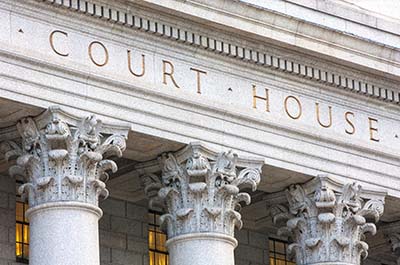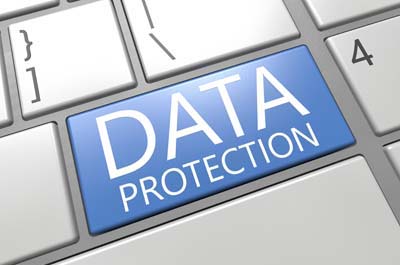May a member of an elected board, council, or other body subject to the Brown Act comment on, “retweet” or “like” a social media post from another member without risking a Brown Act violation?
As school districts and county offices of education across California prepared to open their schools in a virtual distance learning format, electronic recording of remote instruction sessions became a topic of interest in labor negotiations.
The California Supreme Court has reversed the judgment of the First District Court of Appeal in National Lawyer Guild v. City of Hayward (2018) 27 Cal.App.5th 937, holding that the California Public Records Act (CPRA) does not allow local agencies to charge requesters for the cost of redacting digital video footage.
In light of the COVID-19 pandemic, schools have transitioned to distance learning. Almost overnight, schools have become dependent on technology in order to provide students with education.
Data breaches are all but inevitable and occur in all types of organizations. Public entities are no exception, with cyber criminals increasingly targeting the wide-range of sensitive information they maintain (e.g., student data, resident data, confidential government infrastructure data, etc.).






